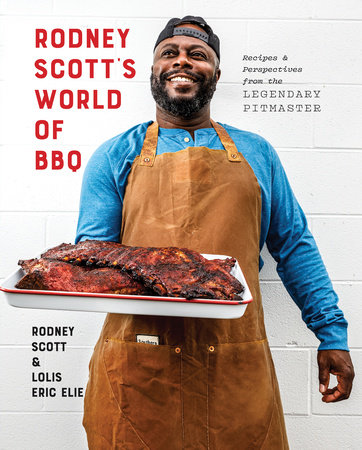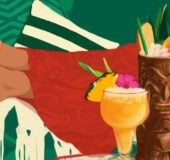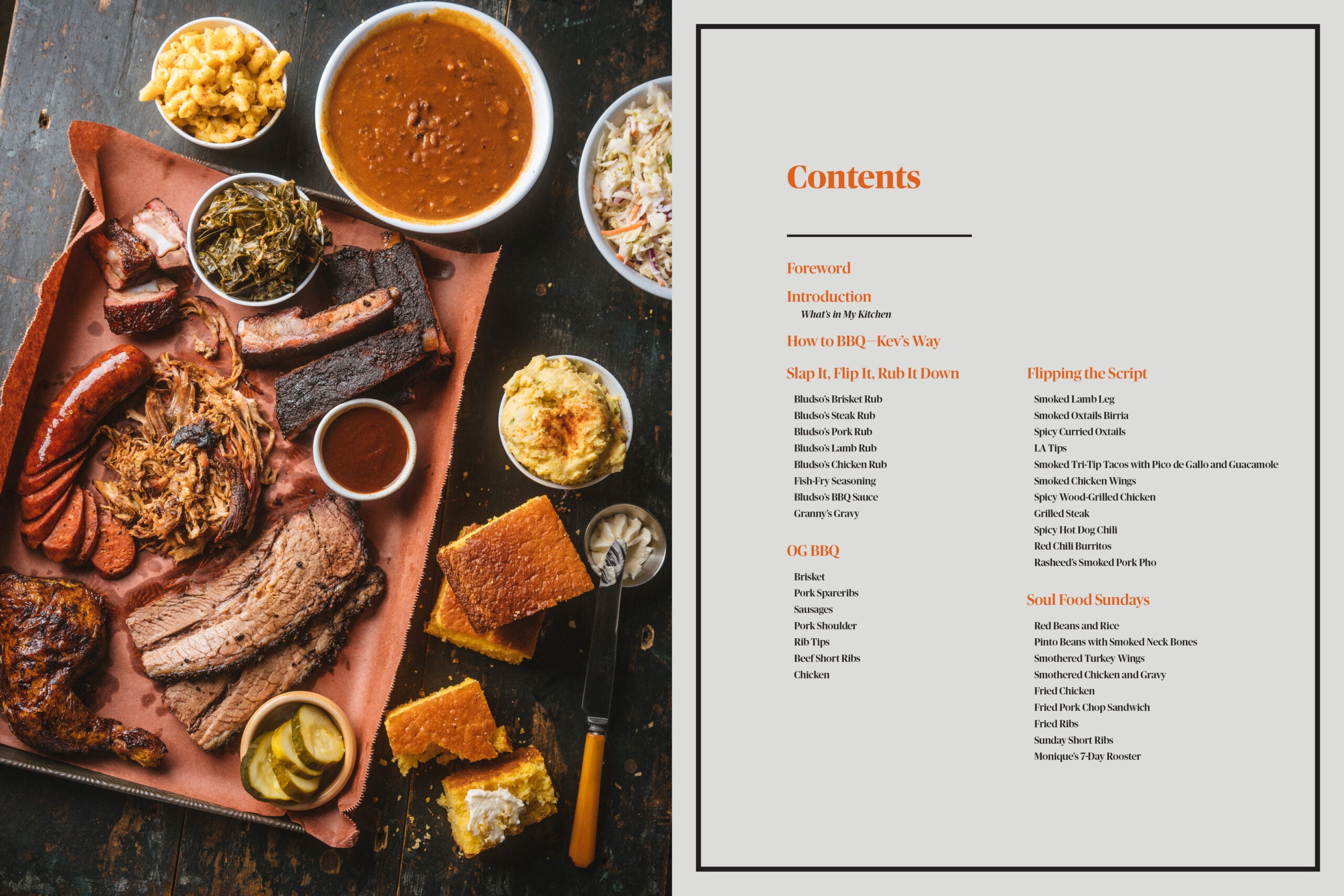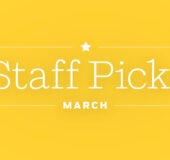IntroductionI like spreading the joy and sharing the love, and whole hog barbecue is my means of doing it.
The happiness I get when people are enjoying my food is one of the best feelings I can imagine. That’s what I’m thinking about at 2:00 a.m. when everybody else is sleeping and I’m out in the cold night air firing a hog. I’m thinking about how good it’s going to feel to see the smiles on people’s faces as they eat my barbecue.
I’ve always imagined being able to cook for people all over the world. I’ve been lucky. In the past few years, I’ve had the chance to cook in Australia, Belize, Colombia, France, Uruguay, and all over the United States.
Whenever I cook at a festival or event anywhere in the world, people come up to me and ask for advice on cooking a hog. I’m glad to share whatever information I can, but you can’t really teach somebody how to cook a hog in a ten-minute conversation. And you can’t go home with everybody and see what they are doing wrong, or doing right for that matter. So it made sense to put what I know in a book and give people all the details and information that I have to share.
The other thing is that if you want to know how to cook a hog right, you also have to know how not to cook a hog wrong. I had anadvantage. I grew up in it. I saw my father and my great-uncle doing it for years before they let me do it on my own when I was eleven. I had years of my father telling me to be care- ful about this or don’t do that. You can’t boil those years down into a quick conversation.
Most of the people who come up to me are backyard cooks. They’re mostly men who want to invite friends and family over, pull some good meat off the pit, and have a good time. To do that, you don’t just need skill, you need confidence, too. You need to know that when you pull this hog off in 10 or 12 hours, it’s gonna be done; it’s gonna be done right, and people are gonna be having a good time and laughing with you and not having a bad time and laughing at you.
I’ve been doing this thirty years. Even now I’ll get nervous cooking for a big event or for some famous chef—or even for regular peo- ple. One of my faithful customers sent me a text the other day saying she was about to eat the leftovers from the holiday turkey she’d bought from us. I got nervous, wondering, “Is it still gonna be good a few days later?”
When Anthony Bourdain came to interview me for his TV show,
Parts Unknown, I started off nervous. Then we sat down and talked and it was like we were a couple of old friends. That’s the feeling you want to have when you’re sharing barbecue.
Relaxed. Chill.
Once you have that confidence you can enjoy the cooking almost as much as you enjoy the eating.
One year, when I was cooking at the Big Apple Barbecue Block Party in New York City, a journal- ist asked, “What should people expect when they come to your booth?” I told her, “If you’re going to be within ten feet of me, be ready to party. If you have negativity, stay out ten and a half feet. Because I’m going to bring you the joy and the fun and I’m going to bring you the best food that I can cook.” She laughed and printed that up. And it’s true.
The Block Party was an event that Danny Meyer and the Union Square Hospitality Group used to throw every year in Madison Square Park. They’d invite pitmasters from different barbecue regions to come and cook one weekend during the summer. Lower Manhattan is a long way from Hemingway, South Carolina, where my style of cooking comes from. But every year, folks were lined up to groove to the music we played, enjoy the food we cooked, and share the spirit we brought.
This passion for music goes back to my childhood. Being an only child, music was my company, my plaything. I got my first stereo when I was like seven or eight years old. Getting dressed for school in the morning, getting undressed for bed in the evening, and any other time I could squeeze in between I’d be playing music on my stereo. Mostly it was whatever tapes someone had given me. Maybe the Isley Brothers’
Harvest for the World album or their
Showdown album with the single “Groove With You” on it. Or I might have been listening to Teddy Pendergrass, who was raised in Philadelphia but who was born just up the road from Hemingway in Kingstree. “The Whole Town’s Laughing at Me” was his big hit then and I wore it out. Music kept me company then and even now, when I’m cooking late into the night, a lot of times all I have to keep me company is the music.
Music is like an automatic attitude adjustment for me. The songs that I play help put me in the right frame of mind. They remind me of how lucky I am to be able to earn my living by feeding people and making them happy.
I feel like my attitude is my success. My optimism is my success. This outlook allows me to walk into the smokehouse every day and cook the food that people enjoy. Food that people come back for. Food that gets written about around the world. Barbecue that wins awards.
This wasn’t always my philosophy. I’ve been through my share of setbacks. When I started talking about opening my own place in Charleston, my father and I came to a parting of the ways. I couldn’t wallow in that though, so I decided to make myself an optimist. My daily outlook became, “Every day is a good day. If I’m still alive, I have a chance.” I made the conscious decision not to have any more bad days, only challenging days. Only days that pushed me to be a problem solver. But not bad days. Not ever.
When people ask, how are you doing? I tell them, “I’m great.” It’s not just something to say. I say it with genuine spirit. With a smile. They say, “but you just went through this, that, and the other.” And I tell them, “Yeah, but I’m good. If you didn’t find yourself listed in the obituary part of the paper this morning, you won!”
One of the great things about cooking whole hog is that it takes so long to do it, that you just naturally gather around the pit with good friends and fellowship while the meat and wood do their thing. This book is all about inviting you into that fellowship. Once you put these recipes to use, you’ll officially be one of us.
Copyright © 2021 by Rodney Scott and Lolis Eric Elie. All rights reserved. No part of this excerpt may be reproduced or reprinted without permission in writing from the publisher.










